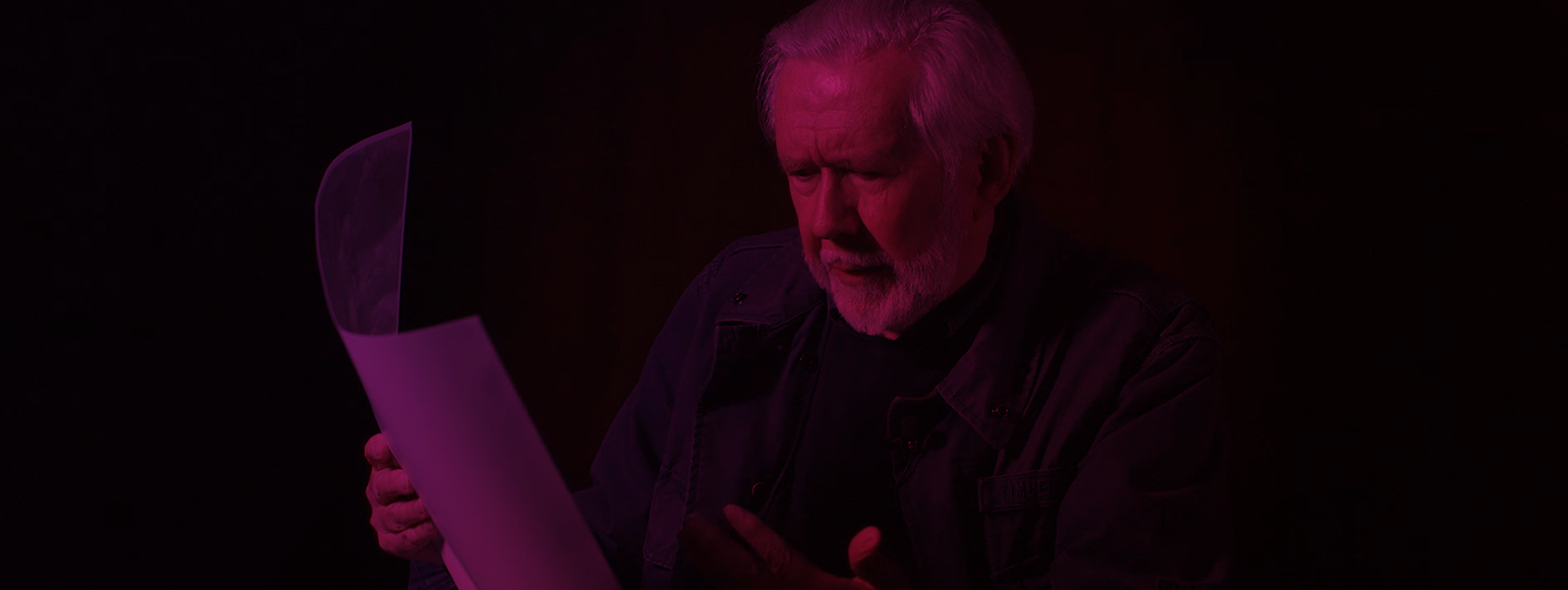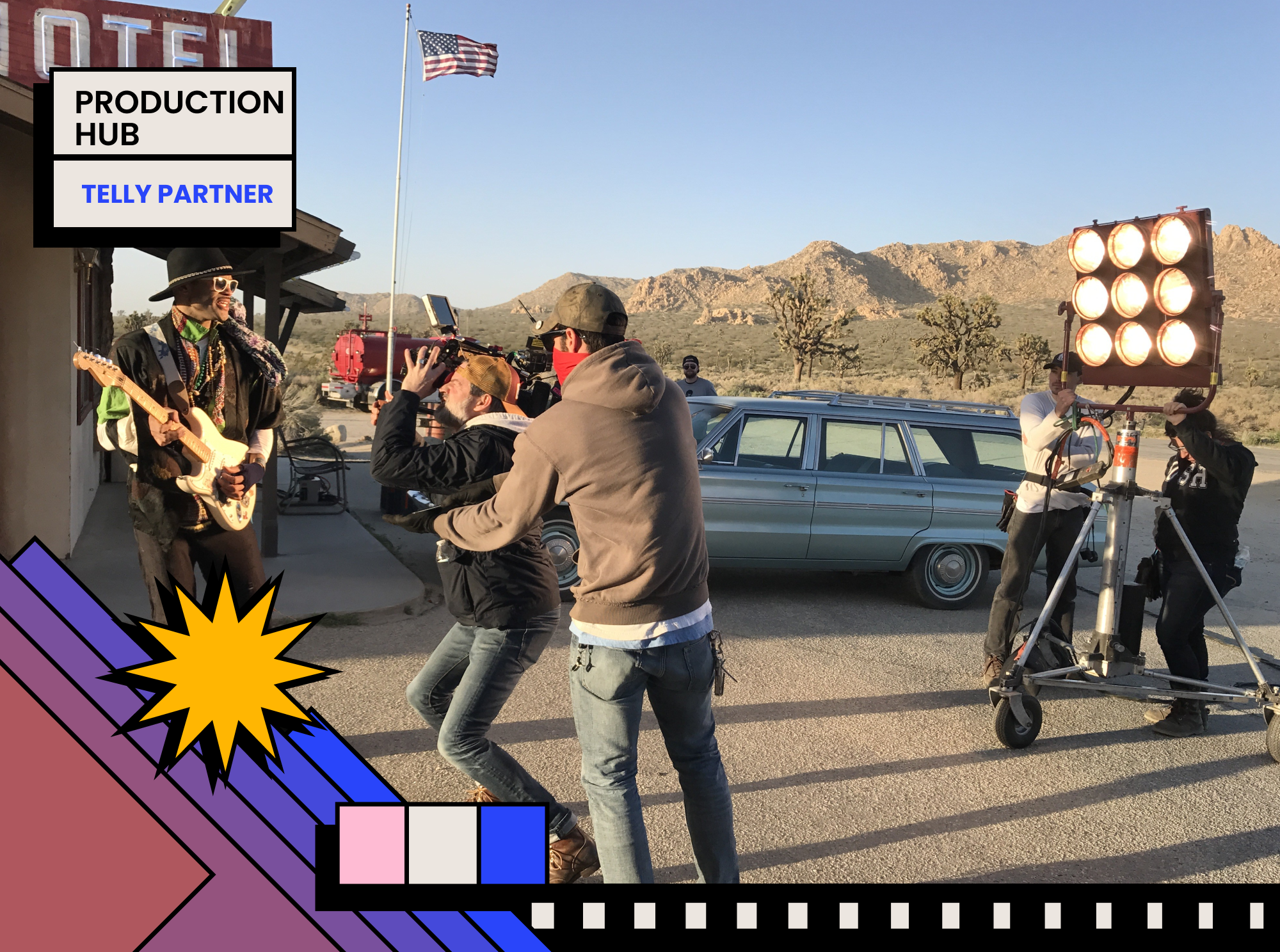For our latest story in our In Focus series, we spoke with Dan John, a Multimedia Producer for the BBC.com Features sites at on how his team creates unique, cross-platform video content, his career evolution from Public Relations to Editorial, and how to scale video for global audiences.
Tell us about how you and your team sit within the larger BBC organization and interplay with the various departments?
I work as a multimedia producer for the BBC.com Features sites, which include BBC Culture, BBC Future, BBC Capital, and BBC Travel—we produce content specifically for an international audience.
I currently sit within a small in-house multimedia unit that has a few members based in London and a few in New York. Since joining the BBC, I have predominantly worked with the BBC Cultural editorial team as their lead on video content. Having members of the multimedia unit working closely within the editorial teams of the features sites has enabled us to not only become more reactive, but has also helped in developing both a stronger video strategy across BBC.com, and understanding the tone of videos that appeal most to the different audiences we attract.
We also work closely with the BBC World News channel, where we have produced content from review segments from the Cannes Film Festival to a series on photography, that both ran online and were broadcast on the TV channel. More and more, we are developing a two-way relationship between the website and TV channel to try and make the most of the content being produced so that it works effectively across markedly different platforms.
With a focus on building and catering to a global audience, how do you configure your team on the ground in London and around the world, to ensure a broad spectrum of relevant content, but also production support?
For the BBC.com features teams, catering for a global audience is one of our most important editorial focuses and challenges.
As a part of the in-house team in London, this can be a challenge. I produce, shoot, and edit video content regularly, and although I have had opportunities to travel, a lot of what I produce is shot in the UK. In these instances it’s key to ensure that the story itself is relatable to global audiences, or can be built with other global elements to broaden the story from a purely UK focus. If the video does have a UK focus, it is often looking at a story that’s new and intriguing for an international audience.
Another way we are telling compelling global stories is by growing an international network of video journalists. It’s often the case that the most insightful video stories can be captured by video journalists who fully understand the culture and communities they are filming within. his network’s growth combined with the connections and reputation the BBC has as an organization is liberating— and means that we can tell any story without feeling limited by geography.
Unlike a number of your colleagues who have had careers in journalism, you began your career working in PR, working directly with brands (and the London Zoo!). How does that experience interplay with your work at the BBC?
Over the years, as my career moved towards editorial and journalism, I’ve found that my background in PR, and having previously worked closely with marketing teams, has become more useful.
As the digital advertising world has evolved in recent years, commercially funded publishers are having to redefine how they generate that funding. In a world where ad-funded content is becoming increasingly important, having an understanding of working with brands is more and more essential. At BBC.com, the editorial teams work closely with the sales teams to create editorial ideas and series concepts that will attract sponsorship from brands. For us the story is always most important, and the BBC has high editorial standards that will never change. However, understanding the type of stories, topics, look, and feel of video content that will appeal to various brands, and breaking down the barriers that often form between editorial and sales teams is important. Starting my career from a commercial background has helped me adapt quickly.
How has the use of video been approached historically across BBC.com, and is that continuing to evolve in 2018?
Video is becoming an important focus across BBC.com, and its evolution will be very exciting in 2018.
Whereas online video in the past was seen as just one part of what we offered our audiences, this year there is a real drive to make BBC.com a go-to destination for ground-breaking, innovative video.
As mentioned, thinking across platforms is more important than ever. eb-first content needs to be mobile friendly and work across our multiple social media platforms, whilst having the potential to be broadcast on television. We’re also developing ways to re-work television content so it works for the way in which web and social audiences consume video content online.
BBC.com is scaling up its video output this year— especially amongst the features teams,moving away from stand-alone, one-off video pieces and towards series formats that will create consistent, recognizable content to engage audiences.
We’re excited for big changes, which will be announced later this year, to shape how audiences encounter and experience our video content on the BBC.com site. It’s an interesting time to be involved in video at the BBC right now, so watch this space!





